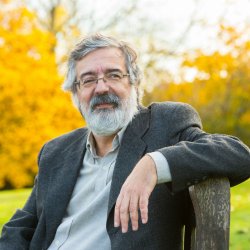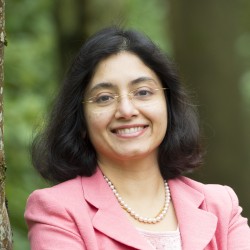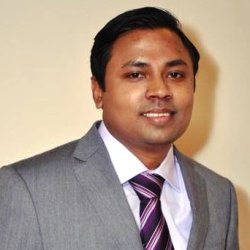Bio-based technology successfully recovers up to 95% of high-purity lithium from spent batteries
A microbial electrochemical technology capable of recovering 90-95% of lithium from spent lithium-ion batteries has been developed by scientists at the University of Surrey.
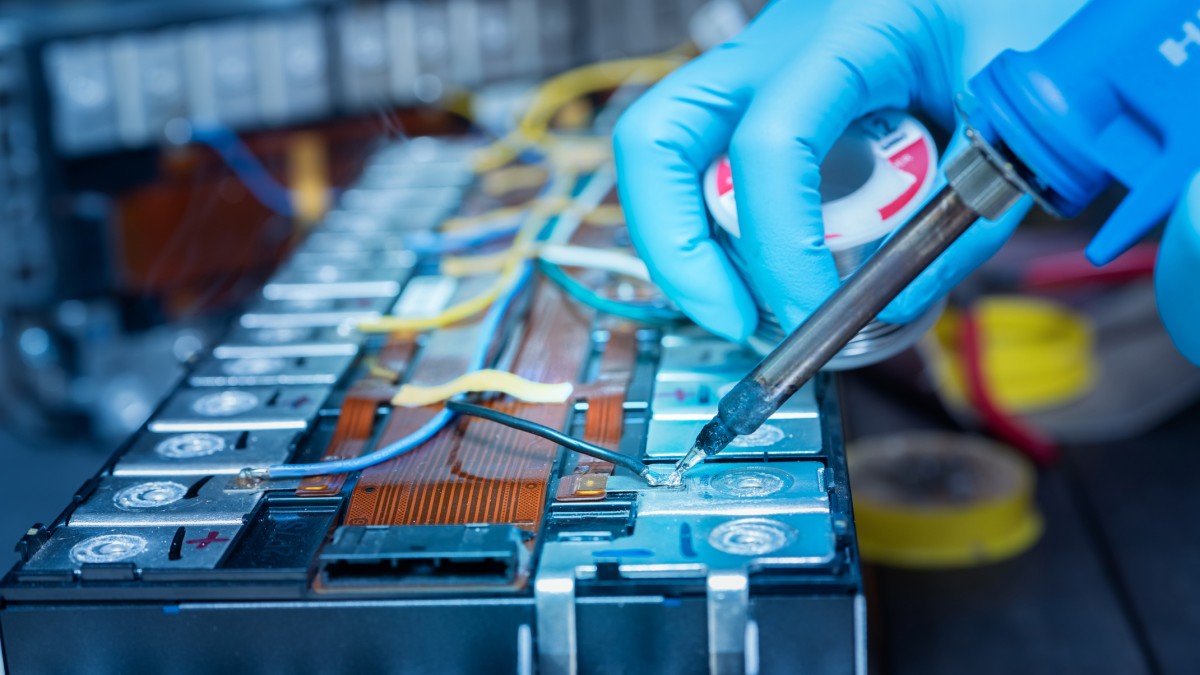
The breakthrough offers a more sustainable and cost-effective alternative to conventional recovery methods and could be expanded to reclaim other valuable battery metals, like cobalt.
Funded by the Biotechnology and Biological Sciences Research Council (BBSRC), the BioElectrochemical LIthium rEcoVEry (BELIEVE) project set out to tackle one of the biggest challenges in lithium-ion battery recycling – reducing the environmental and economic costs.
Traditional methods recover small amounts of lithium, sometimes as little as 5%, while more advanced techniques achieve higher yields but rely on corrosive chemicals.
Bioelectrochemical systems are incredibly versatile, offering a wide range of possibilities thanks to the many variables we can fine-tune. While we’re still in the early stages and have faced our fair share of challenges, these early results are incredibly exciting.Dr Marina Ramirez Moreno, Research Fellow
Our work opens the door to further biotechnological innovation – bringing together techniques that have rarely been combined before to work in powerful synergy. Our aim is to enable the sustainable recovery of valuable metals like lithium, which are vital to modern life. We’re eager to continue exploring and advancing this exciting field with future researchers.
Developing a scalable process that efficiently recovers lithium, cobalt and other valuable metals will not only reduce waste but also lessen dependence on environmentally damaging mining practices.
It also closely aligns with EU Green Deal 2020 regulations, which aim for a 65% recycling efficiency for lithium-ion batteries and a 70% material recovery rate for lithium by 2030. Similar regulations are anticipated in the UK, underscoring the significance of the BELIEVE project's contributions to sustainable technology and resource management.
The team now plans to put forward new proposals to explore how they can recover all metals from lithium-ion batteries.
###
Notes to editors
- Professor Claudio Avignone Rossa, Professor Jhuma Sadhukhan and Dr Siddharth Gadkari are available for interview; please contact mediarelations@surrey.ac.uk
- Patent application for the above technology is currently under process.
Related sustainable development goals
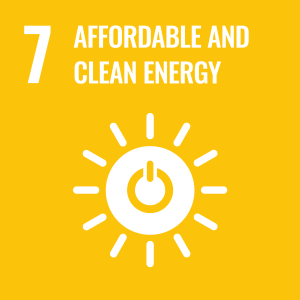
Featured Academics
Media Contacts
External Communications and PR team
Phone: +44 (0)1483 684380 / 688914 / 684378
Email: mediarelations@surrey.ac.uk
Out of hours: +44 (0)7773 479911
